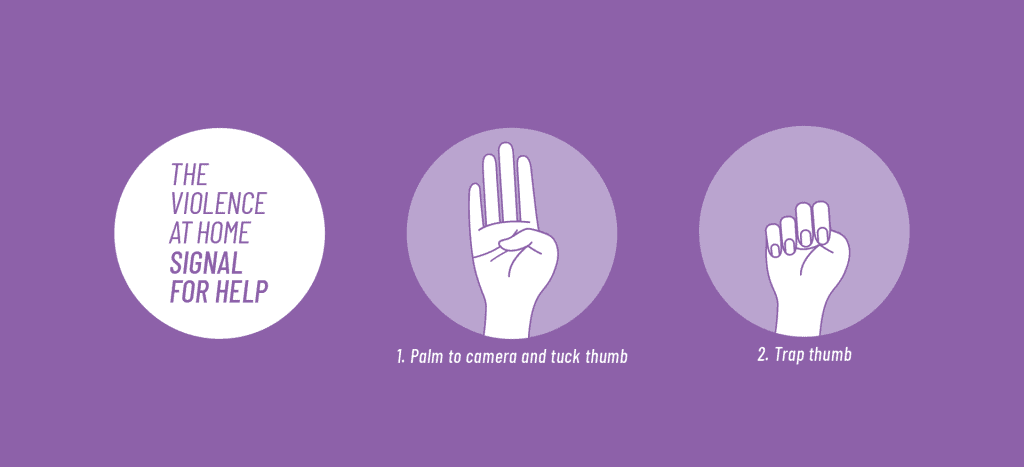Advocate pushes for case review on violence against women

Posted Dec 14, 2024 03:58:35 PM.
Last Updated Dec 16, 2024 07:22:05 PM.
In May 2018, Carrie Low was drugged, kidnapped and gang-raped.
Seeking justice, she reported the crime to the police, but instead, she said she was met with poor communication, a flawed investigation and a lack of accountability. She repeated her story over and over again, with no remediation.
“The harm from this institutional betrayal has far surpassed the trauma I experienced that night,” she wrote in an open letter to Halifax Regional Police (HRP) on Dec. 11.
Since the fateful night six years ago, Low has founded Survivors for Change and Empowerment, providing confidential consultancy support and other services to women and transgender people who have experienced sexual assault. In 2020, she also fought to have the timeline period extended for filing a police complaint against municipal police officers in Nova Scotia from six months to 12.
Her mission, according to her webpage, is to “address the systemic failures of the justice system and to explore the root cause of gender-based violence.”
Because unfortunately, Low’s story is not the only one.
HRP has failed to lay charges in 91 per cent of sexual offences reported across the region this year. Since 2020, 2,006 sexual offences have been reported, according to the Halifax Regional Police Board of Commissioners report. Charges were laid 324 times in the cases.
That is only for reported cases, a failure to appropriately address cases of sexual violence that force victims to relive their trauma over and over again with no justice brought to them, has left a gaping hole in cases that go unreported. According to a StatCan report from 2024, sexual violence is the only form of violent crime in Canada that is not declining.
“In my case, the police failed to visit the crime scene, dismissed key evidence and delayed toxicology testing. The investigation was mishandled by at least six officers, forcing me to recount my trauma repeatedly,” Low wrote in her letter. “Despite presenting clear evidence and persistent advocacy, delays and missteps dominated the process, leaving me with lasting psychological scars – sleepless nights, anxiety, and a profound mistrust of not only the legal system but other systems, institutions, and even interpersonal relationships.”
On Oct. 26, 2023, during a Police Review Board hearing, HRP seemingly accepted its mistakes in Low’s case and put forth the need for trauma informed responses in cases of sexual violence. Despite recognizing the value of the Violence Against Women Advocate Case Review (VACR) model, HRP have yet to implement this approach.
Doing so is what Low calls for in her letter.
The VACR model provides trauma training to responding officers to ensure survivor-centred reviews and to foster public transparent trust and transparency.
In addition, Low calls on HRP to address any privacy concerns with this implementation, and to ensure independent oversight by the Board of Police Commissioners.
Marla MacInnis, manager of public relations and communications with HRP told CityNews that it is reviewing various sexual assault case review models to “ensure that our response is meeting the needs of victims and to identify areas where we can improve”.
She said the force is participating in the RCMP’s Sexual Assault Investigations Review Committee as a 12-month pilot project which involves independent subject matter experts.
“After the 12-month pilot program concludes, we will review the results to ensure they’ve met our expectations – and those of the community – before making any permanent decisions,” MacInnis said.
For Low, concrete action needs to come now.
“The adoption of VACR is not just an operational decision, it’s a moral imperative,” she writes. “Anything less than full transparency and accountability is unacceptable and a slap in the face.”








